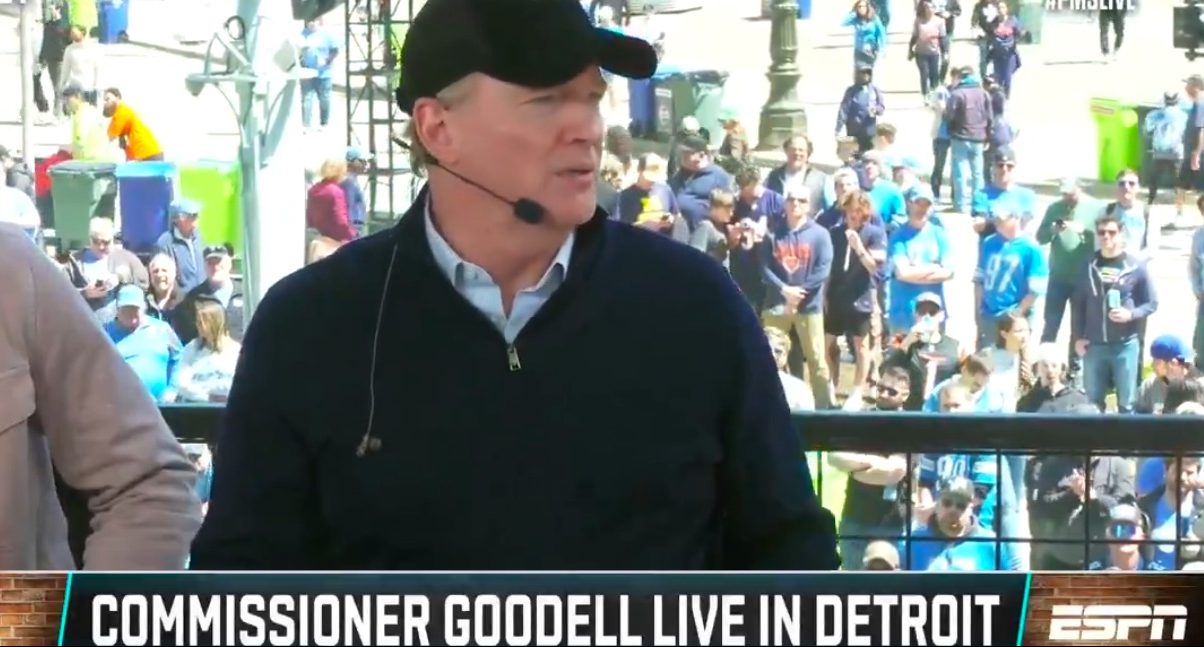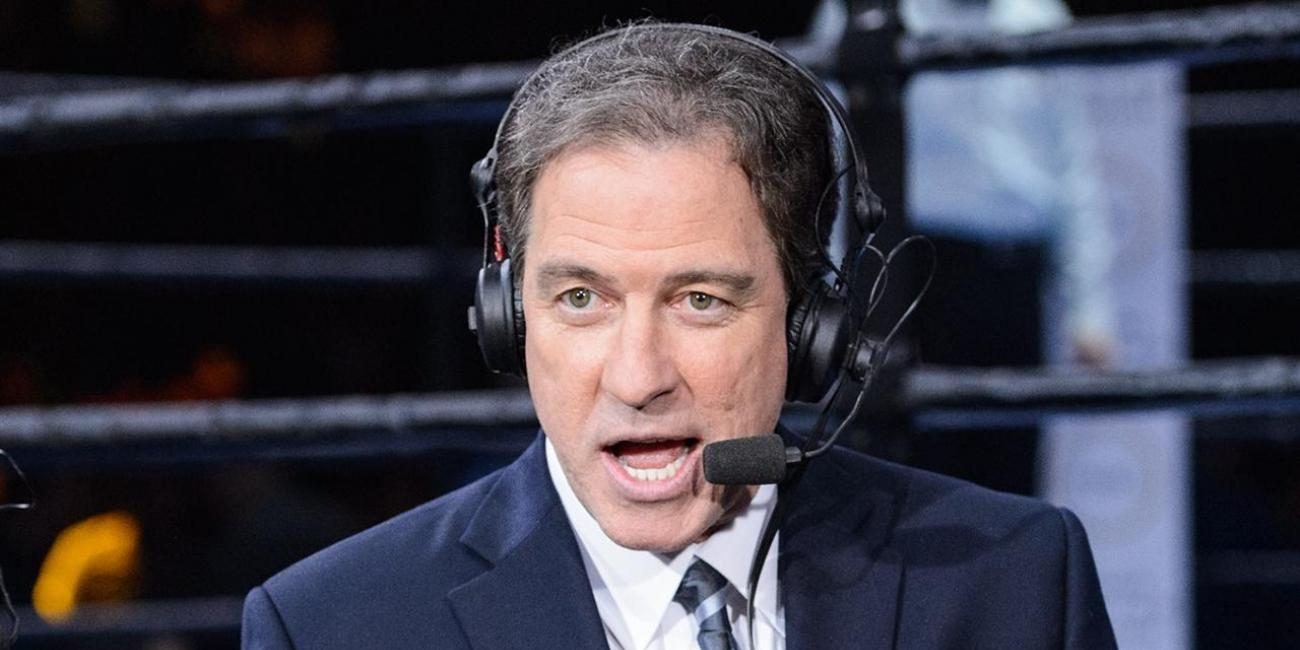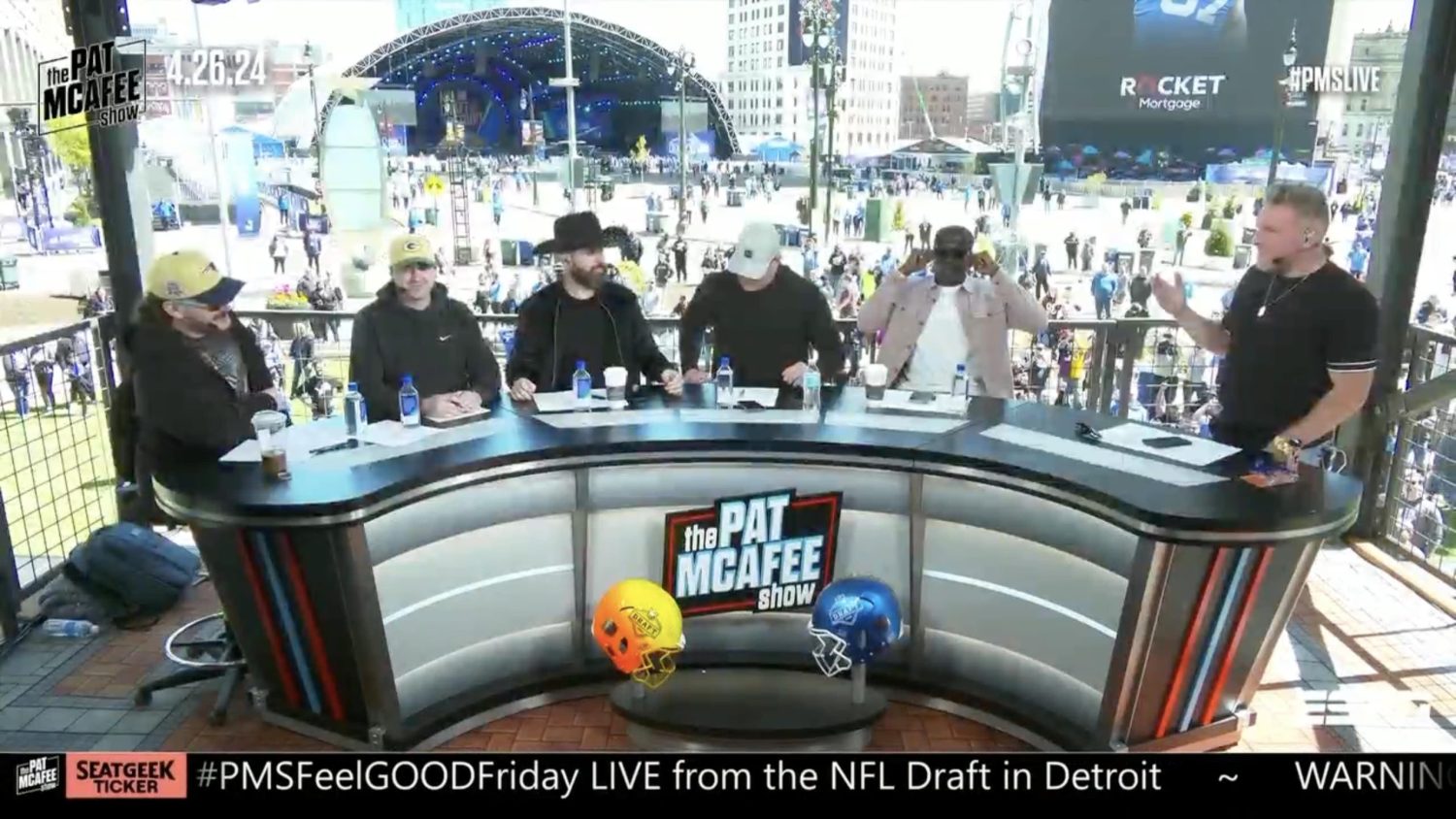What began as speculation and reporting, followed by a bold maneuver by one of the nation’s largest TV providers, has now entered the arena of public pressure. Will cable and satellite TV providers attempt to avoid paying affiliate fees to ESPN due to the lack of live sports programming currently available due to the COVID-19 shutdown? And if they successfully do so, should those savings be passed along to subscribers?
On behalf of local consumers, New York State Attorney General Letitia James sent a letter to seven major TV distributors (Multichannel Video Programming Distributors or “MVPDs,” to use an industry term) asking them to reduce the fees charged to subscribers for channels like ESPN and regional sports networks.
“At a time when so many New Yorkers have lost their jobs and are struggling, it is grossly unfair that cable and satellite television providers would continue to charge fees for services they are not even providing,” said James in a statement released on the Attorney General’s website Tuesday (April 29).
“These companies must step up and immediately propose plans to cut charges and provide much needed financial relief.”
In the statement, James said that she sent letters to Altice USA, AT&T Inc., Charter Communications, Comcast Cable, DISH Network, RCN Corporation, and Verizon Communications, asking for plans on how those providers intend to reduce subscriber fees until live sports programming resumes.
DISH is reportedly trying to get out of the $80 million to $100 million in affiliate fees owed to ESPN for April. According to the New York Post, the provider was a step ahead of James’s letter, telling ESPN it intends to lower its bills to subscribers with those savings.
Cable and satellite subscribers typically pay up to $20 per month for sports channels, whether they watch those channels or not. Roughly half of those fees go to the ESPN network of channels, which may also include channels like the ACC and SEC Networks. Regional sports networks also get a cut, which could be several depending on where the subscriber lives. Then additional channels like FS1 and NBCSN also get affiliate fees.
https://twitter.com/novy_williams/status/1250827459735453698
For some consumers, fees could exceed $30 if they pay for additional sports tiers, which might include channels like NFL Network, Big Ten Network, and so forth.
But as Awful Announcing’s Ben Koo wrote, the sheer amount of money ESPN would have to refund to customers makes such a decision unlikely, especially considering that some of the live events that have been postponed, such as NBA and Major League Baseball games, could be played later this year. And as some subscribers learn just how much of their monthly bill goes to sports channels — again, some of which they may not even watch — it’s possible many of them will want to cancel their service anyway.
Now that public officials like James are getting involved in the debate, could pressure increase on cable and TV satellite providers to get out of paying fees and refunding money to subscribers? The uproar could get louder in the weeks to come as the COVID-19 sports shutdown continues through the spring and summer.






